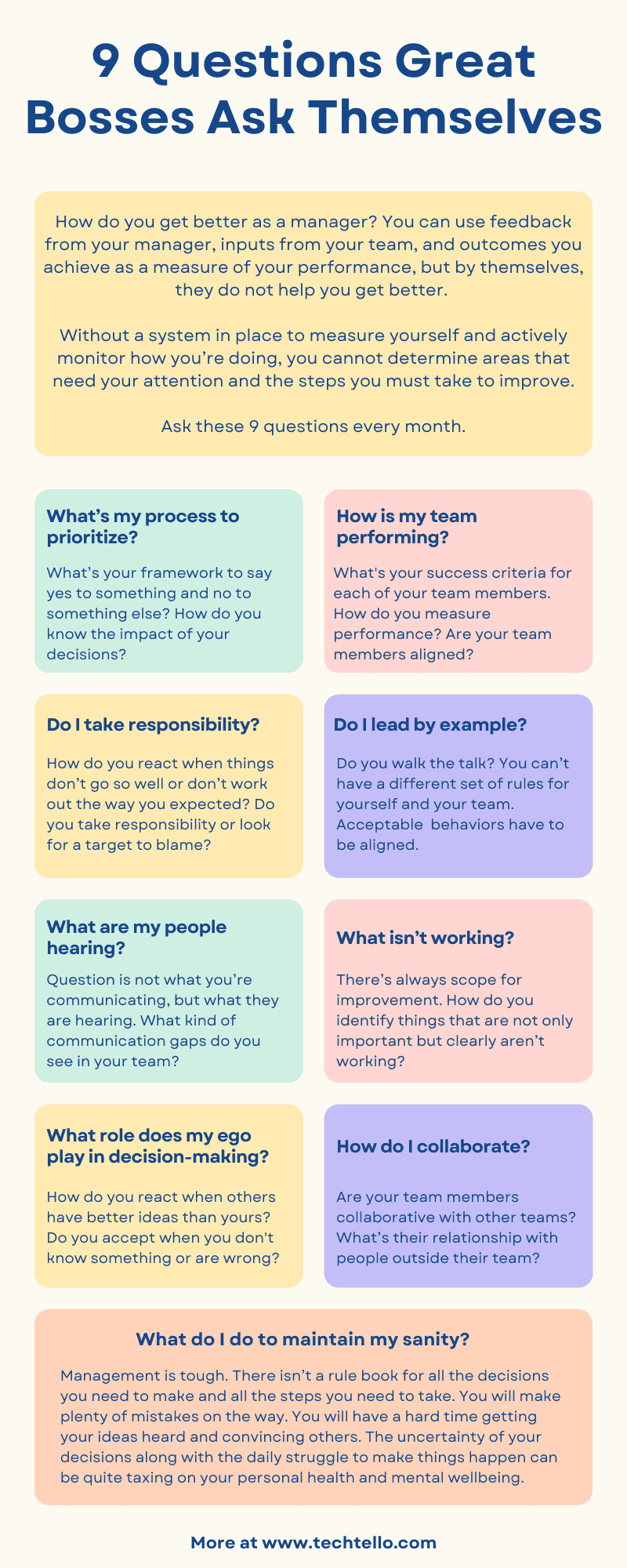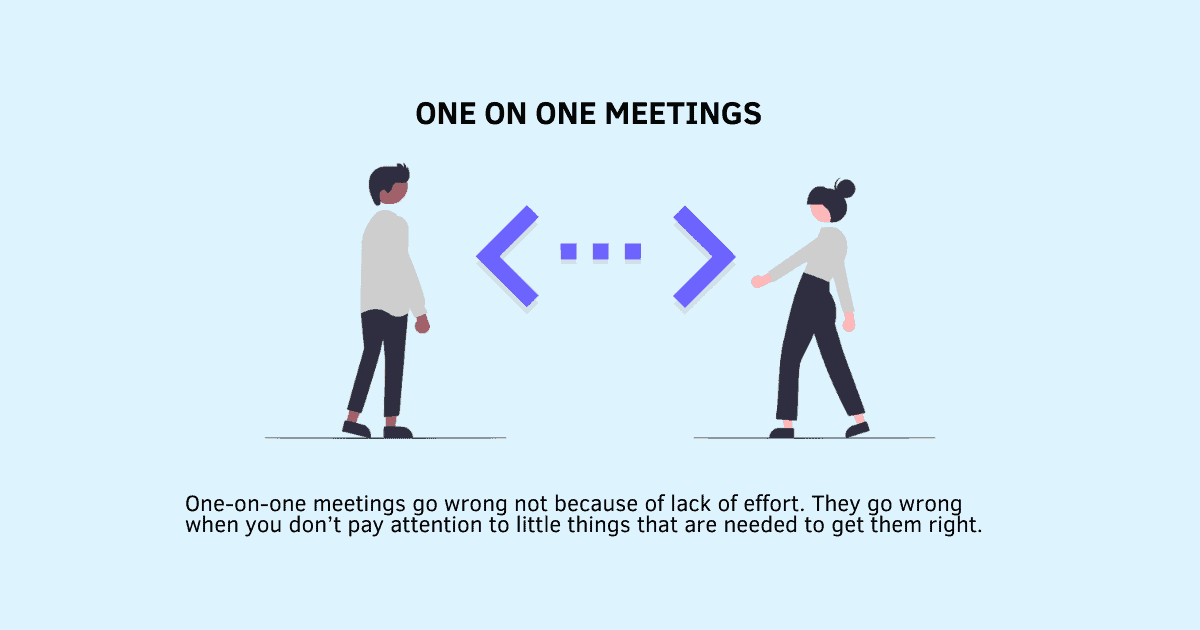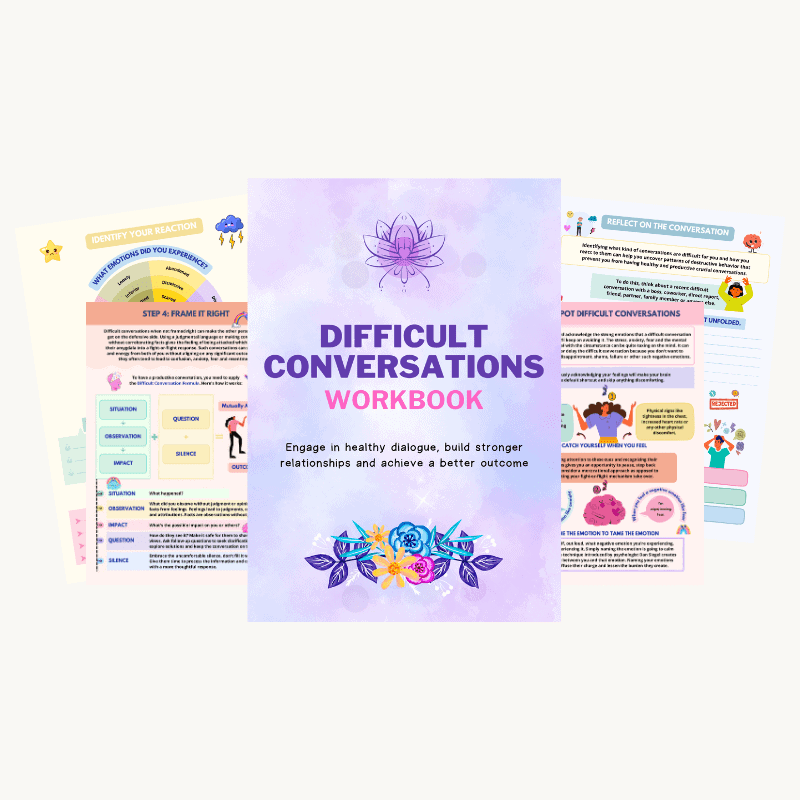9 Questions Great Bosses Ask Themselves 

How do you get better as a manager? You can use feedback from your manager, inputs from your team, and outcomes you achieve as a measure of your performance, but by themselves, they do not help you get better.
Without a system in place to measure yourself and actively monitor how you’re doing, you cannot determine areas that need your attention and the steps you must take to improve.
Every day, multiple things vie for your attention, and you make hundreds of decisions, some good and some bad. Some consciously and others subconsciously. Do you take time to analyze your decisions? Are you aware of what gets your attention? With so much feedback around you (both direct and indirect), how do you separate signal from noise?
I see two problems why most managers are not able to improve:
- Unable to ask yourself the right questions
- Lacking humility to be truthful
You aren’t asking the right questions if those questions don’t make you uncomfortable. Avoiding tough questions keeps you within your comfort zone, but your growth is often one step outside it.
Humility to speak the truth and stay honest is another hard thing. Blaming someone or something else helps you avoid the reality of how you’re doing. Without the willingness to acknowledge your imperfections and accept you’re a work in progress, you can never improve. Your truth is often a version of your story, a story that suits you and makes you feel good. Humility requires questioning it.
To improve, you need a repeatable system. My MOTs, moments of truth as I call them is a monthly improvement exercise. Years of putting it into practice, adjusting, and adapting got me excellent results over the years. All it needs is a commitment to do it every month by purposefully setting time aside.
Asking these 9 questions every month and using the data to implement 1-2 action items per month is enough. You don’t need drastic changes or sudden improvements. Being effective in implementing a change requires time and effort. Doing 1-2 changes every month is not only less scary, but it also maintains the balance between utilizing what works and doing experimentation.
9 questions to ask yourself to be a better manager
1. What’s my process to prioritize and how well do I prioritize?
What’s your framework to say yes to something and no to something else? How do you know the impact of your decisions?
Actively evaluating the factors you take into account during prioritization is essential. Do you determine the “why” of doing something? Do you evaluate its relative importance compared to your other priorities? Do you measure how it fits into your goals? Do you consider the opportunity cost of doing or not doing something?
“The art of management lies in the capacity to select from the many activities of seemingly comparable significance the one or two or three that provide leverage well beyond the others and concentrate on them,” says Andy Groove in High Output Management.
Some people have the tendency to incline towards the negative, thinking they are doing worse than they are and others exaggerate their prioritization skills. The only way to know how well you prioritize is to put your hunch to test with this exercise.
Look at everything you prioritized last month:
- Put a score against each activity 1-5, 1 being the lowest priority and 5 being the highest priority.
- How many of your high-priority activities actually turned out to be impactful?
- How many of the low priority activities that you deprioritized turned out to be far more valuable later?
- What was your decision criteria? What factors did you take into account? What did you miss?
- Where was most of your time spent, attending to the urgent or prioritizing the important?
If your team spends a lot of time in the firefighting mode resolving one issue after another, that will only keep them busy. They won’t be productive or create the impact that they are capable of making.
Looking at the process you use to prioritize can get your team out of the rut and move them towards excellence.
2. How is my team performing?
This may seem like a very subjective question unless you define how you measure performance. Success criteria, as I like to call it, must be defined and aligned with each team member.
Julie Zhuo says in The Making Of A Manager “The first big part of your job as a manager is to ensure that your team knows what success looks like and cares about achieving it.” When the manager hasn’t communicated what’s expected of the employee, how can the employee live up to those expectations? How can people make the right decisions when they don’t even have a sense of their direction?
Many managers make the mistake of measuring it just against the tasks accomplished. It shouldn’t just be about accomplishing specific targets. Consider the following (as examples) while defining success criteria for your team:
- How many of the decisions in which you are involved should be made independently by your team? What’s blocking them from making these decisions themselves?
- What’s the quality of your team’s decisions that they make independently?
- Of the tasks delegated, which ones require constant intervention? What’s missing for them that you need to step in?
- How many of the tasks that you save for yourself are great opportunities for your team. What’s blocking you from giving them to your team?
- How’s the relationship between team members? Is it transactional or do they trust and support each other?
Using the success criteria keeps you close to reality on how you’re doing. It also gives you the opportunity to improve your team’s effectiveness by identifying where they are lacking and taking measures to implement appropriate changes.
3. Do I take responsibility?
How do you react when things don’t go so well or don’t work out the way you expected? Do you take responsibility or look for a target to blame?
Colin Powell writes in It Worked for Me “Problems have to be solved, not managed. You can’t get away with burying them, minimizing them, reorganizing around them, softening them, or assigning blame somewhere outside your responsibility. You have to make real and effective changes.”
Not taking responsibility for the outcomes makes you defensive. You feel like a victim, spend time agonizing over your situation instead of focusing your time and energy in finding solutions.
Think about all the conflicts, disagreements, and disappointments from the last month:
- What was your reaction?
- How much time did you spend on being defensive as opposed to finding solutions?
- What caused you to behave this way? Were you fearful of others’ judgment? Do you find it hard to face criticism? Do you believe others will find you incompetent?
Your behavior has a huge impact on how your team behaves when faced with similar situations. Acknowledging your fears that prevent you from taking responsibility and practicing courage is the only way to get rid of negative emotions and replace them with constructive action.
4. Do I lead by example?
Do you only talk the talk or also walk the walk? You can’t have a different set of rules for yourself and your team. Just like your goals, your fundamental principles on how things are done, and what behaviors are acceptable have to be aligned.
When you say one thing to them and do something entirely different yourself, it leaves your people feeling conflicted as they find it hard to know what to trust.
For example, if you tell your team to have healthy work-life boundaries, but end up calling them late in the evening or send them emails in the night, what should they trust?
You have to lead by example. Say the thing you’re going to do yourself and do the thing you said you would do:
- What are the instances in which you said something and then did a completely different thing yourself? In how many of those cases did you actually inform your team on why you behaved this way? Did your team understand your decision and supported you?
- Do you take criticism well? Do you encourage a feedback-rich environment and actively ask for feedback? If you don’t, don’t expect your people to do the same.
As a manager, your actions ring louder than your words. Be careful about what you say and the things you do.
5. What are my people hearing?
Note that the question is not what you’re communicating, but what they are hearing. Good communication isn’t about how well you say something. It’s about how well the other person perceives it.
When the message is important, to reinforce it you need to say it out loud multiple times. You can’t say it once and expect it to stick. You can’t blame them if they didn’t understand something well. You have to provide clarity the way they understand and ask questions to validate it.
Look at the last month or the last week:
- What kind of issues turned out to be communication gaps?
- What reason did you attribute to those gaps? What’s the real reason?
- What changes can you make to reduce such gaps?
Look at the communication architecture of your team – how information is exchanged, how people respond, how something is validated, and how closure is sought. If you look closely, you’re likely to identify many things that can improve.
6. What isn’t working?
There are many things you might be doing right, but I hope you agree that there’s always scope for improvement.
“Spend zero time on what you could have done, and devote all of your time on what you might do,” says Ben Horowitz in The Hard Thing About Hard Things.
How do you identify things that are not only important but clearly aren’t working? For example, giving aggressive deadlines might be leading to team exhaustion and burnout, lack of clear requirements might be causing rework, constant reshuffling of priorities makes your team unproductive.
Do this:
- Prepare a list of things that are hurting your team’s productivity, outcomes, and hence impact.
- Stack rank them in order of priority.
- The exercise should guide you to come up with the top 3 changes you want to implement in your team.
- Now you shouldn’t go and impose these changes on your team. That never works. Rather, ask each member of your team to do the same exercise. Better do it together and then pick the top 3 common changes that will bring the most value to your team.
When your team is part of the decision-making, it’s much easier to put these ideas into action.
Most of the time what gets your attention is what’s visible and right in front of you. However, making a meaningful change often requires confronting the difficult hidden problems that hurt your team’s productivity and degrades their performance.
7. What role does my ego play in decision-making?
There will be many instances where your ideas won’t be the best or you won’t know something. When you’re concerned with making the right decision, you won’t let your ego get in the way. You will accept what you don’t know and seek alternative opinions. Confidence in your ability to make the right decision with the humility to doubt your knowledge and your methods will make you consider other people’s suggestions as opposed to relying only on your intuition.
However, trying to be right will make you do just the opposite. With your ego in the way, you will try to hide your ignorance. You will be hesitant to say “I don’t know.” You will ignore other people’s ideas when they are better than yours to avoid looking incompetent.
Robert Iger writes in The Ride of a Lifetime “The first rule is not to fake anything. You have to be humble, and you can’t pretend to be someone you’re not or to know something you don’t. You’re also in a position of leadership, though, so you can’t let humility prevent you from leading. It’s a fine line, and something I preach today. You have to ask the questions you need to ask, admit without apology what you don’t understand, and do the work to learn what you need to learn as quickly as you can. There’s nothing less confidence-inspiring than a person faking a knowledge they don’t possess. True authority and true leadership come from knowing who you are and not pretending to be anything else.”
To identify how you’re doing in this department, think about some of your recent decisions and answer these questions:
- How did you react when others had better ideas than yours?
- Did you accept when you were wrong?
- Did you acknowledge when you didn’t know something or did you try to hide it?
Making right decisions has less to do with your own knowledge and competence. It requires self-awareness and openness to acknowledge the gaps in your understanding and the curiosity to fill those gaps.
8. How do I collaborate?
Cross functional collaboration is a very important skill. Employees who are able to collaborate with different types of people and successfully drive a project to completion stand out.
When executed well, collaboration is a gift. However, bad execution often turns it into a mess. Knowing how your team collaborates gives you the opportunity to make it better. For example, wrong estimation can impact integration and cause the whole project to delay. Arguing endlessly on inconsequential decisions hurts their productivity.
“The challenge is not to eliminate conflict but to transform it. It is to change the way we deal with our differences,” says Roger Fisher in Getting to Yes.
Think about it:
- Are your team members cooperative and collaborative with other teams and functions?
- What’s their relationship with people outside their team?
- Do they only work within the boundaries of their team or take time to build relationships and understand other aspects of business?
- What gaps do you see based on how your team collaborated in the past?
- What mistakes did you notice?
- What steps can you take to prevent them from happening again?
Effective collaboration is a superpower. Invest in helping your team members build this skill.
9. What do I do to maintain my sanity?
Management is tough. There isn’t a rule book for all the decisions you need to make and all the steps you need to take. You will make plenty of mistakes on the way. You will have a hard time getting your ideas heard and convincing others. The uncertainty of your decisions along with the daily struggle to make things happen can be quite taxing on your personal health and mental wellbeing.
Unless you learn to take care of yourself, you can’t maintain your sanity. Practicing self-care as a manager isn’t just necessary, it should be your topmost priority.
Identify if you’re practicing self-care by asking these questions:
- Do you prioritize your health by exercising, and eating healthy meals or do you ignore it by giving an excuse that you don’t have time?
- Have you identified clear boundaries by defining what matters so that you don’t end up spending all your time at work and slip away from other things that you also value?
- Are you focused on proving your worth by being good or on learning and growing by getting better?
- When it comes to competence and success, do you apply a different set of rules to yourself and others?
- When things go wrong, do you turn to self-doubt, blame, or self-criticism or seek clarity and action?
When struggling to prioritize your well-being, remember this: You can’t be a good manager without being good to yourself first.
Asking these nine questions every month will help you identify hidden problems, acknowledge your team’s strengths and give the perspective you need to be flexible to adjust and adapt. Getting better as a manager isn’t only about knowing how you’re doing. It’s also about taking action. This Moments of Truth monthly exercise will help you do just that.






























